Maximum Temperature: +150°C
Contact Rating: 0.25 A, 10A
Mounting Type: Surface Mount
Minimum Temperature: +20°C
Switch Configuration: SPST
Terminal Type: Screw
Thermostat Type: Capillary
Contact Voltage Rating: 230V ac/dc
Reset Type: Manual
The Jumo 0.25 A Capillary Thermostat is a reliable and precision temperature control device used in various industrial and commercial applications. Designed for surface mounting and equipped with manual reset functionality, this thermostat is crucial in maintaining temperature stability and ensuring safe operation in systems where temperature regulation is critical. Its surface-mounting capability and precise temperature control make it an essential component in various industrial and commercial systems, contributing to temperature stability, process efficiency, and safety.
- Temperature Control and Regulation
It is engineered to monitor the temperature of a specific area or component and maintain it within a predetermined range. This level of control is vital in applications where temperature variations can adversely affect processes or equipment.
- Manual Reset Functionality
A notable feature of the thermostat is its manual reset capability; when a safety condition is triggered, the manual reset allows the user to manually reset the thermostat.
The Jumo 0.25 A Capillary Thermostat, Surface Mount, Manual Reset: Typical Applications Areas
The Jumo 0.25 A Capillary Thermostat finds applications in diverse industries and scenarios, including:
- Industrial Processes: It is employed in manufacturing and industrial processes to control and regulate temperatures in ovens, furnaces, and machinery.
- HVAC Systems: In heating, ventilation, and air conditioning systems, this thermostat helps maintain comfortable and stable indoor temperatures.
- Food Industry: It is utilised in food processing and refrigeration equipment to ensure temperature compliance and safety.
- Safety Systems: The manual reset feature makes it suitable for safety-critical applications where precise control and user intervention are necessary to prevent hazards.

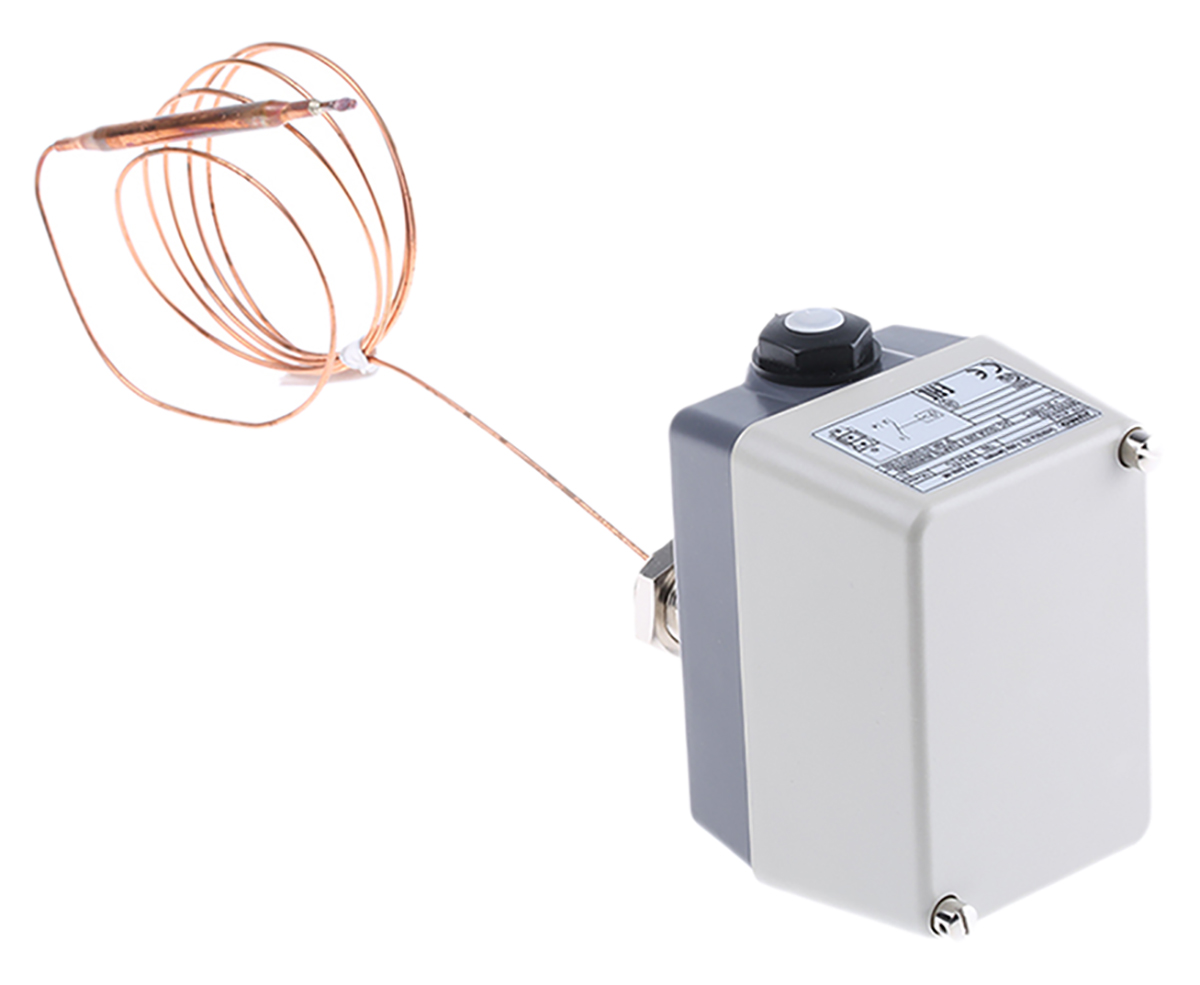
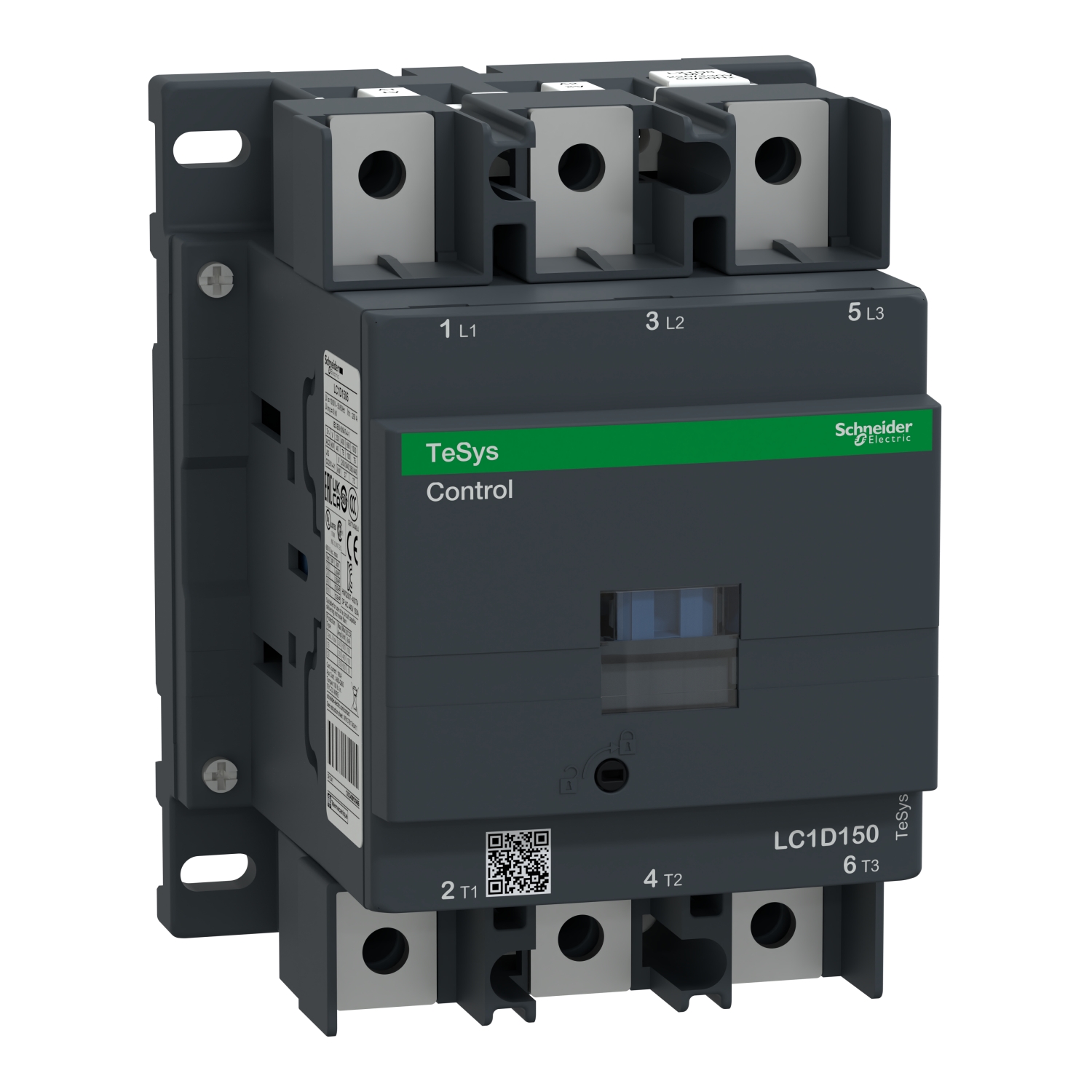
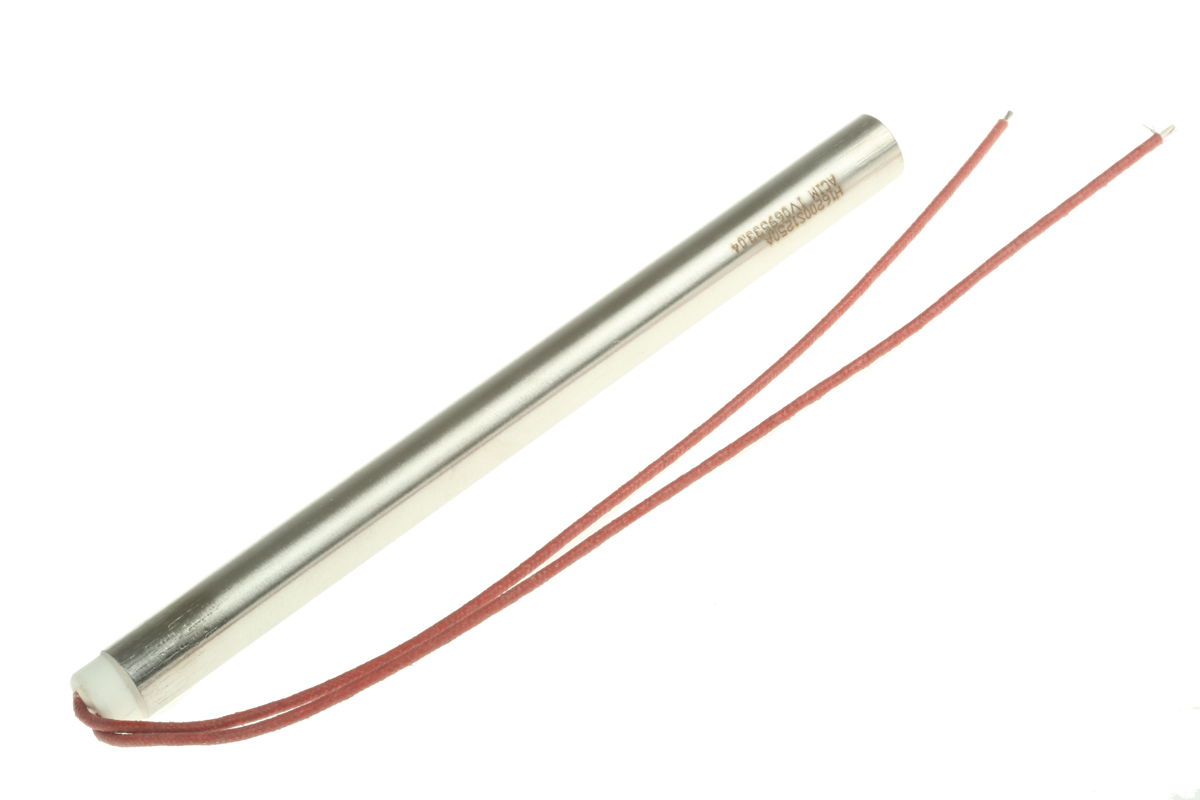
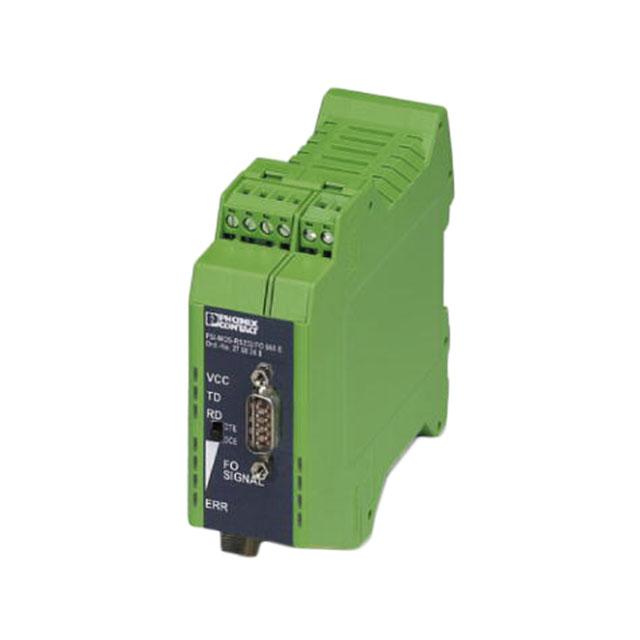
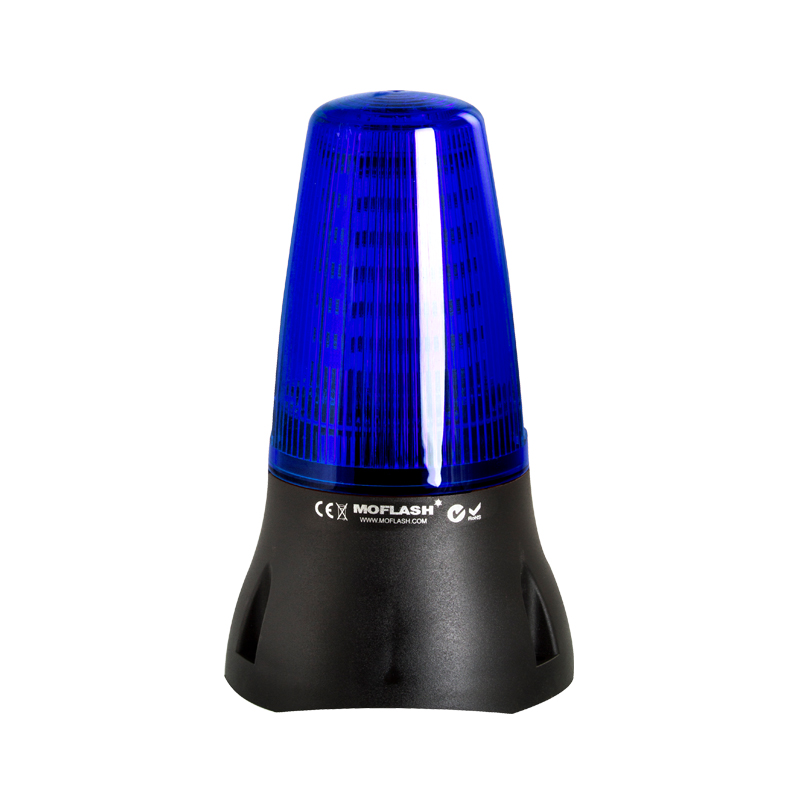
Reviews
There are no reviews yet.